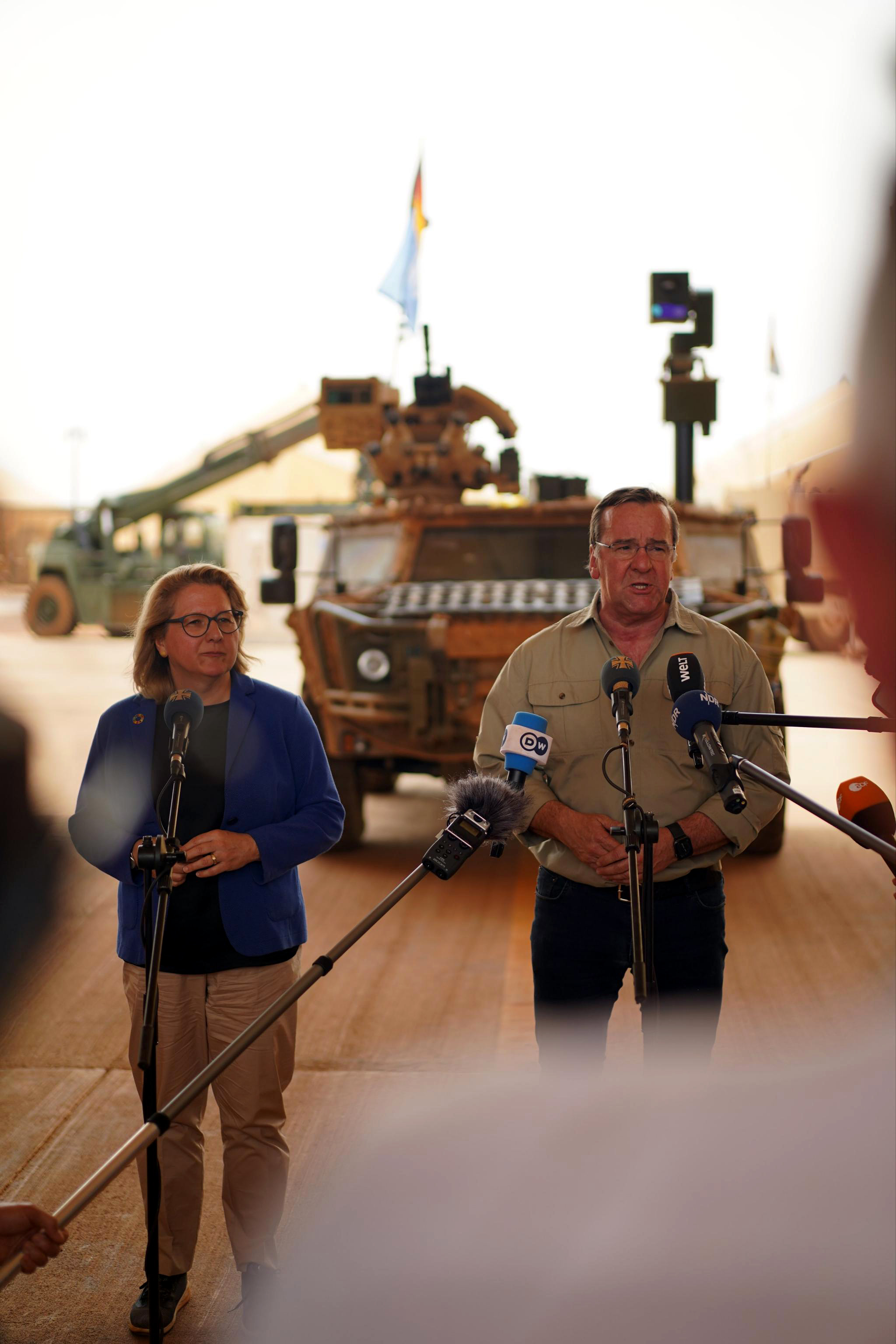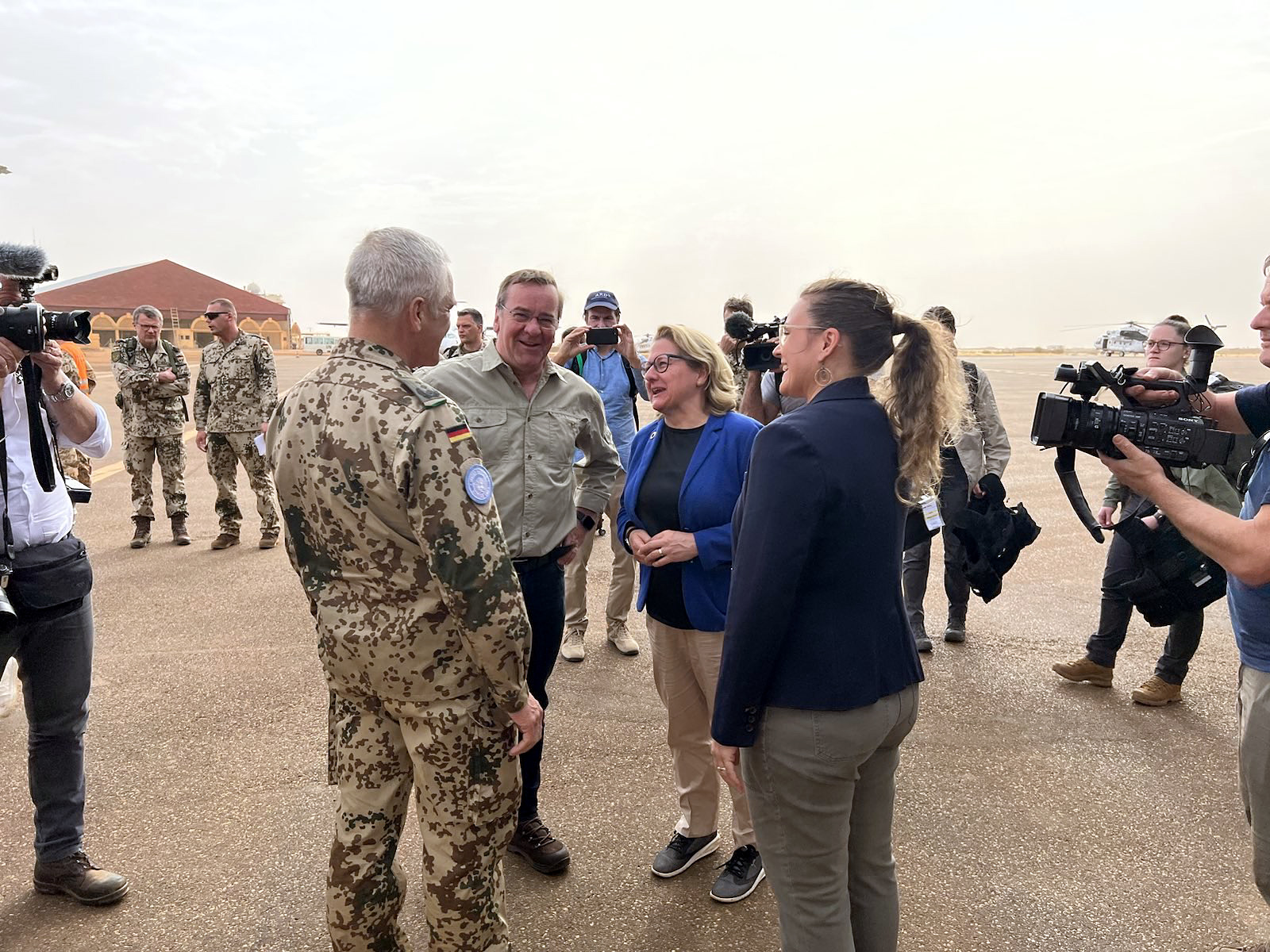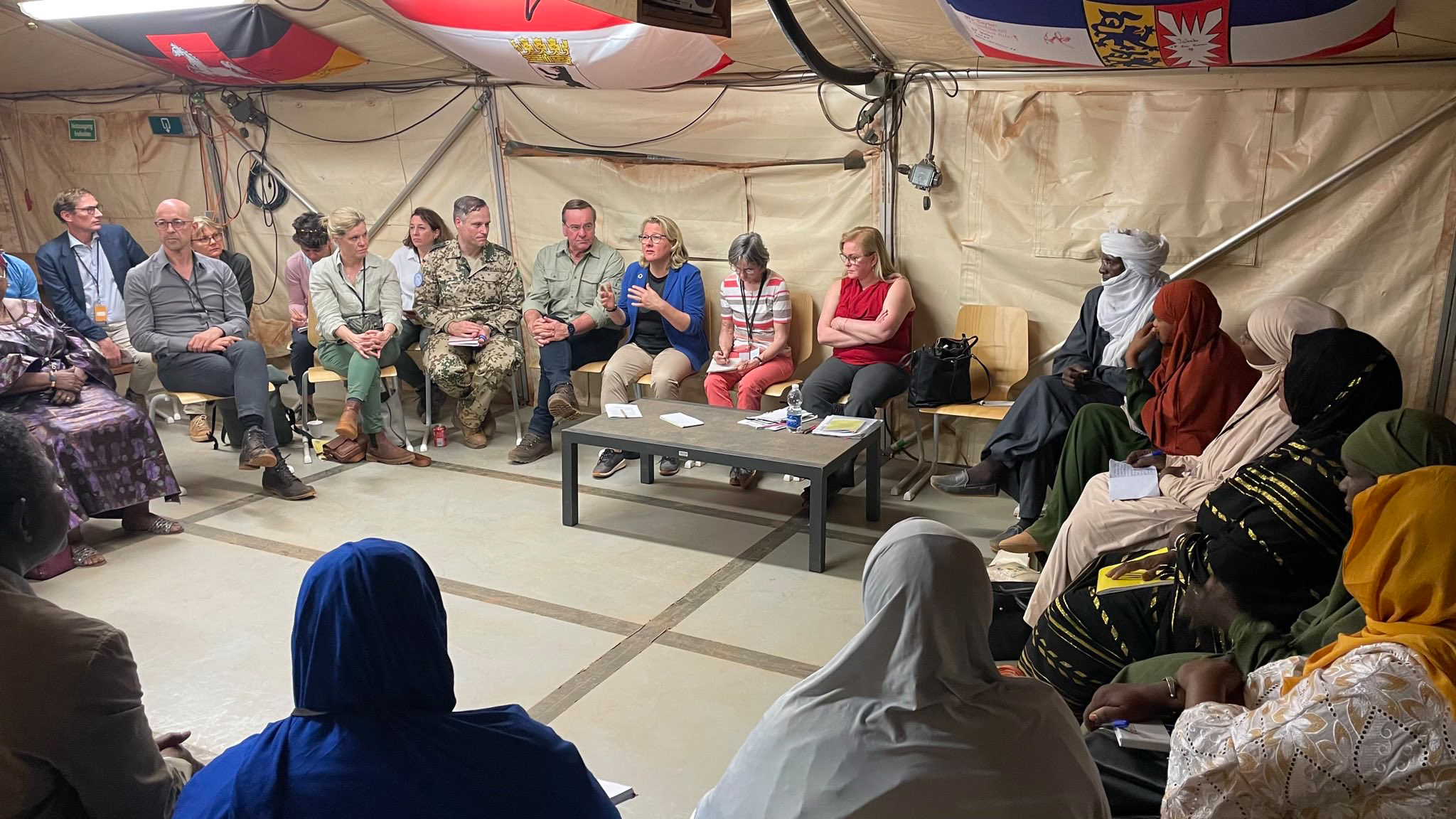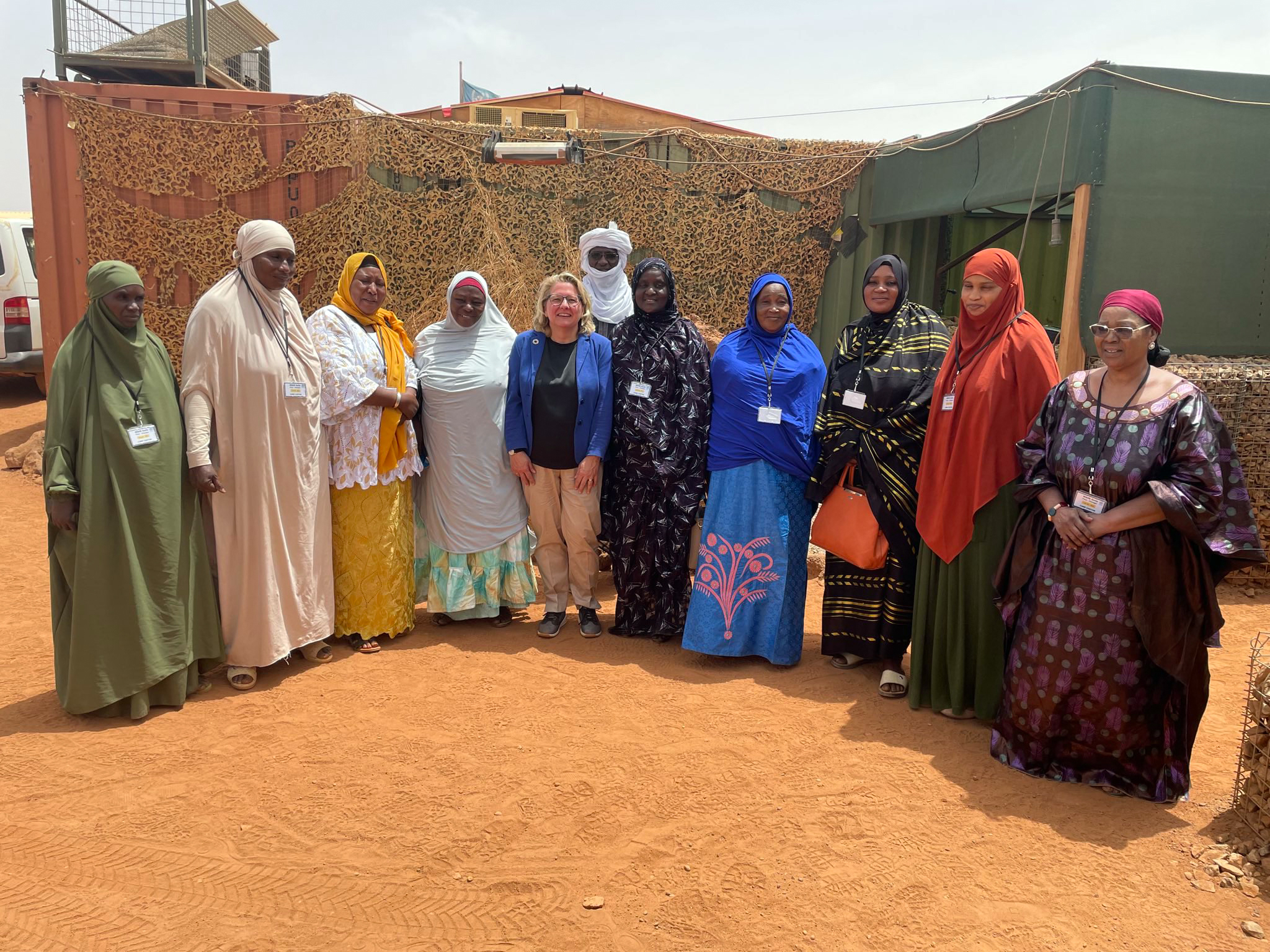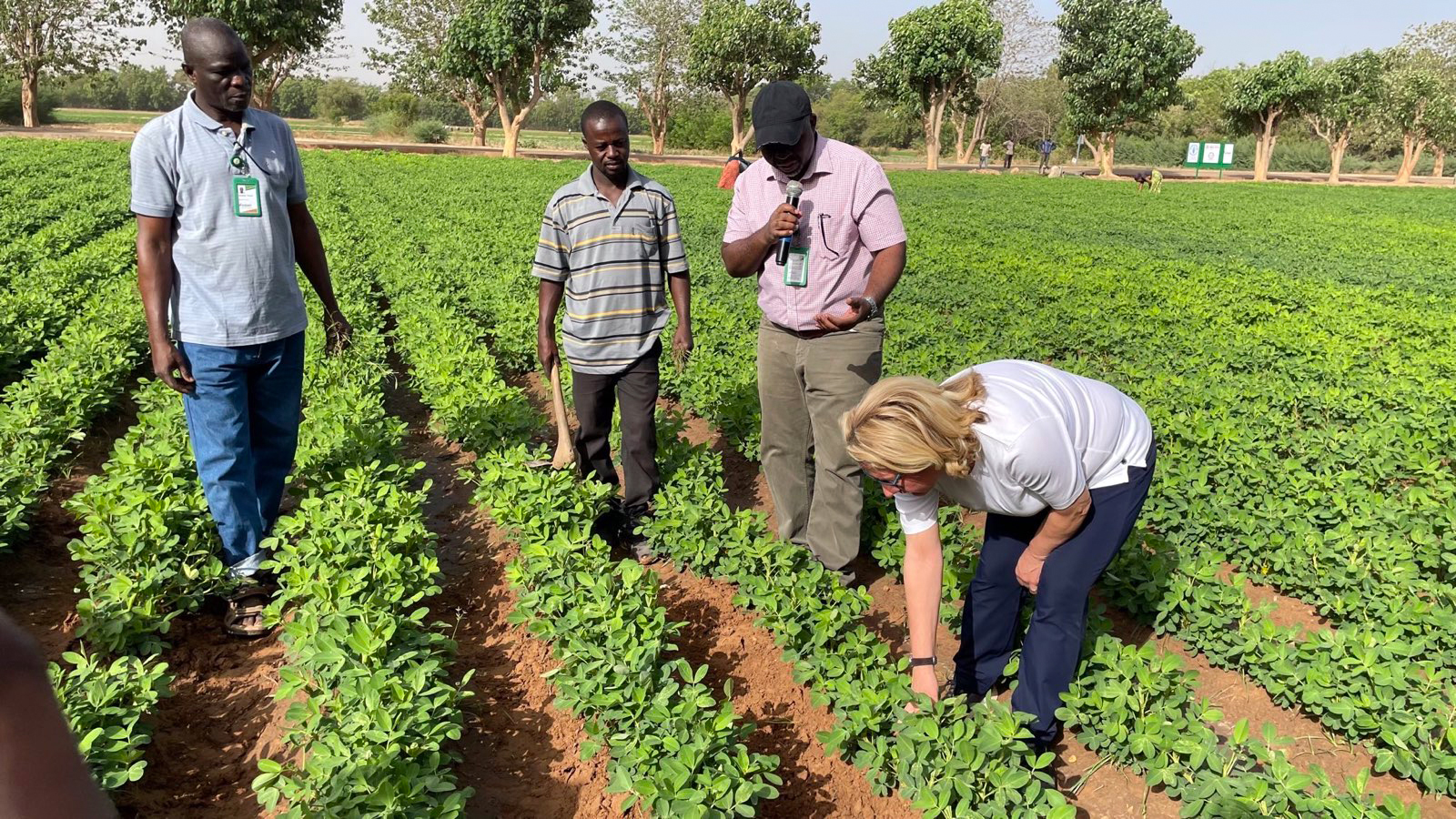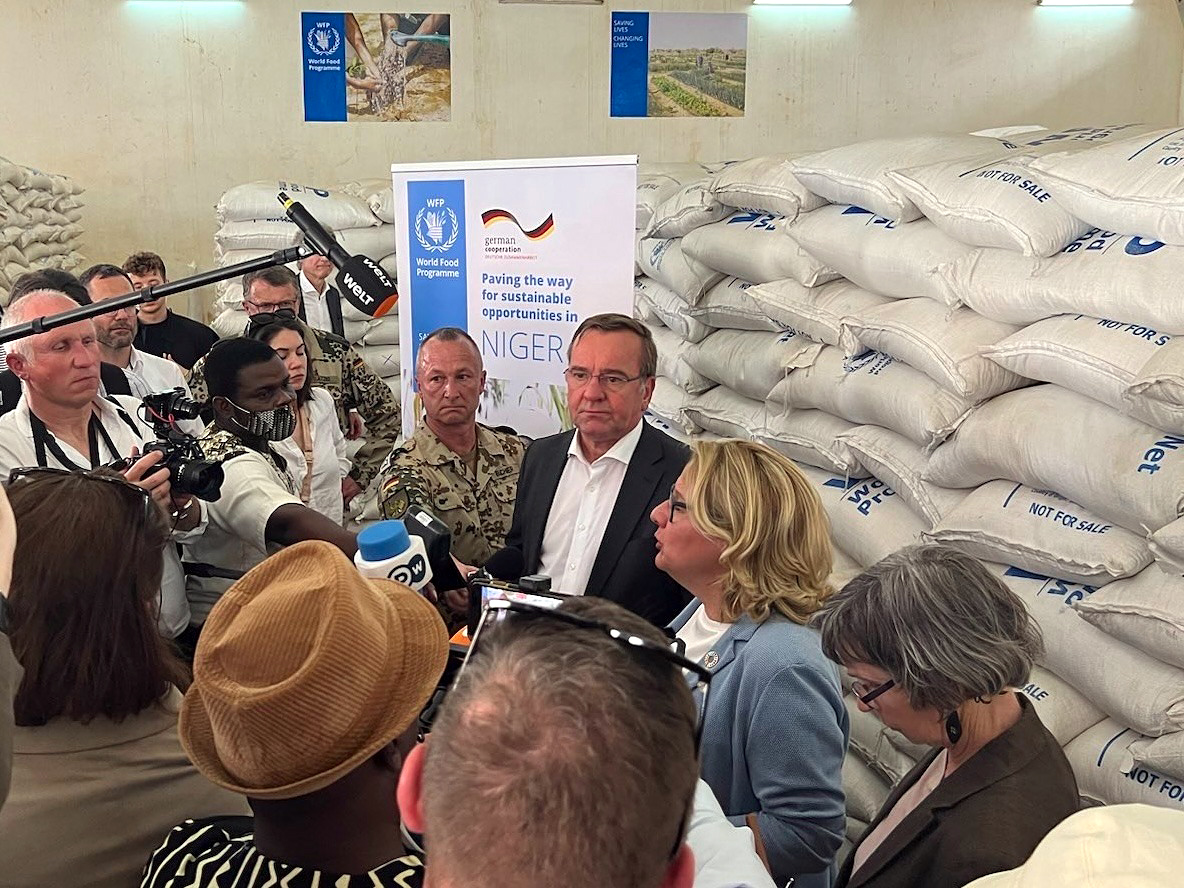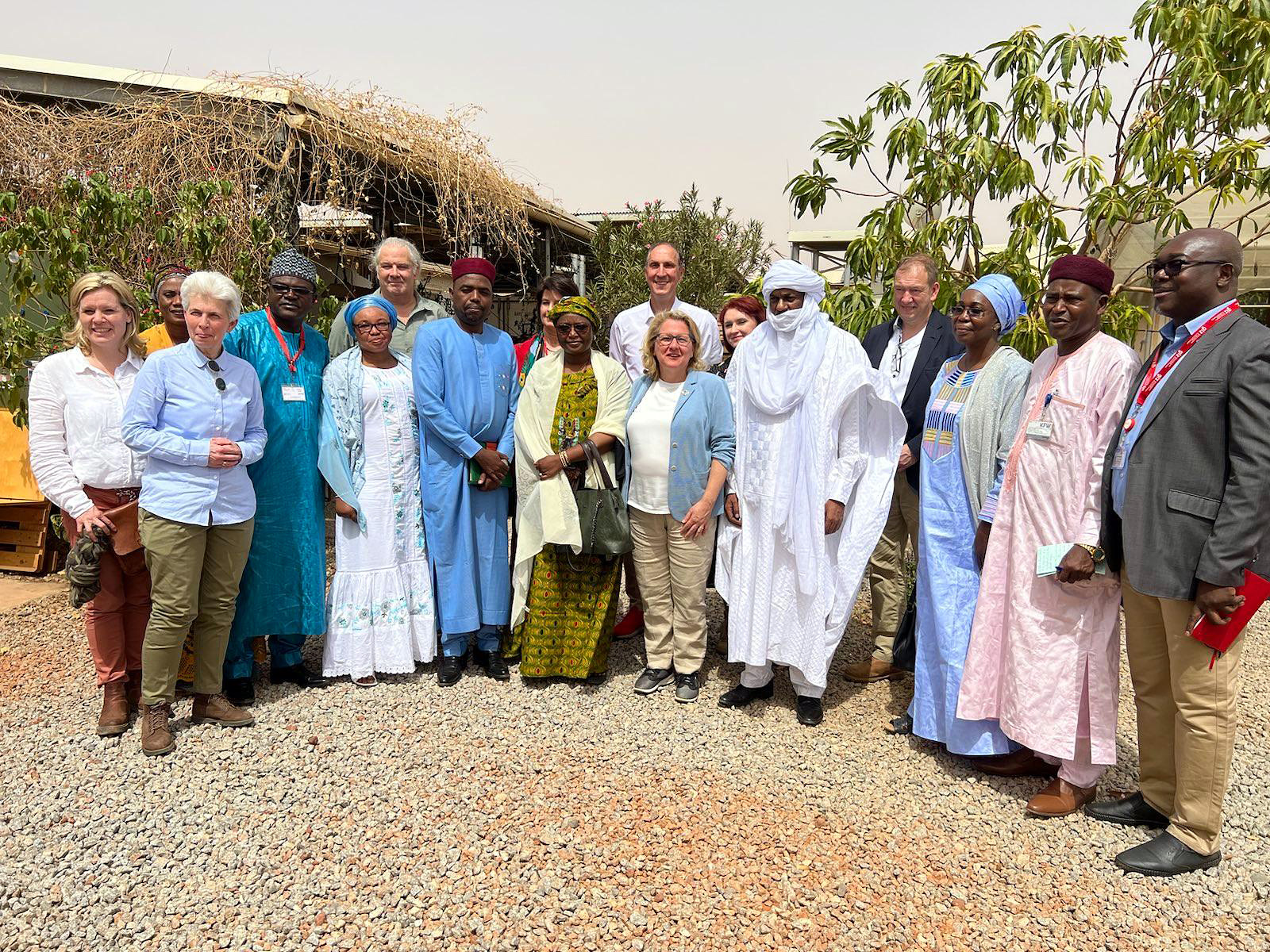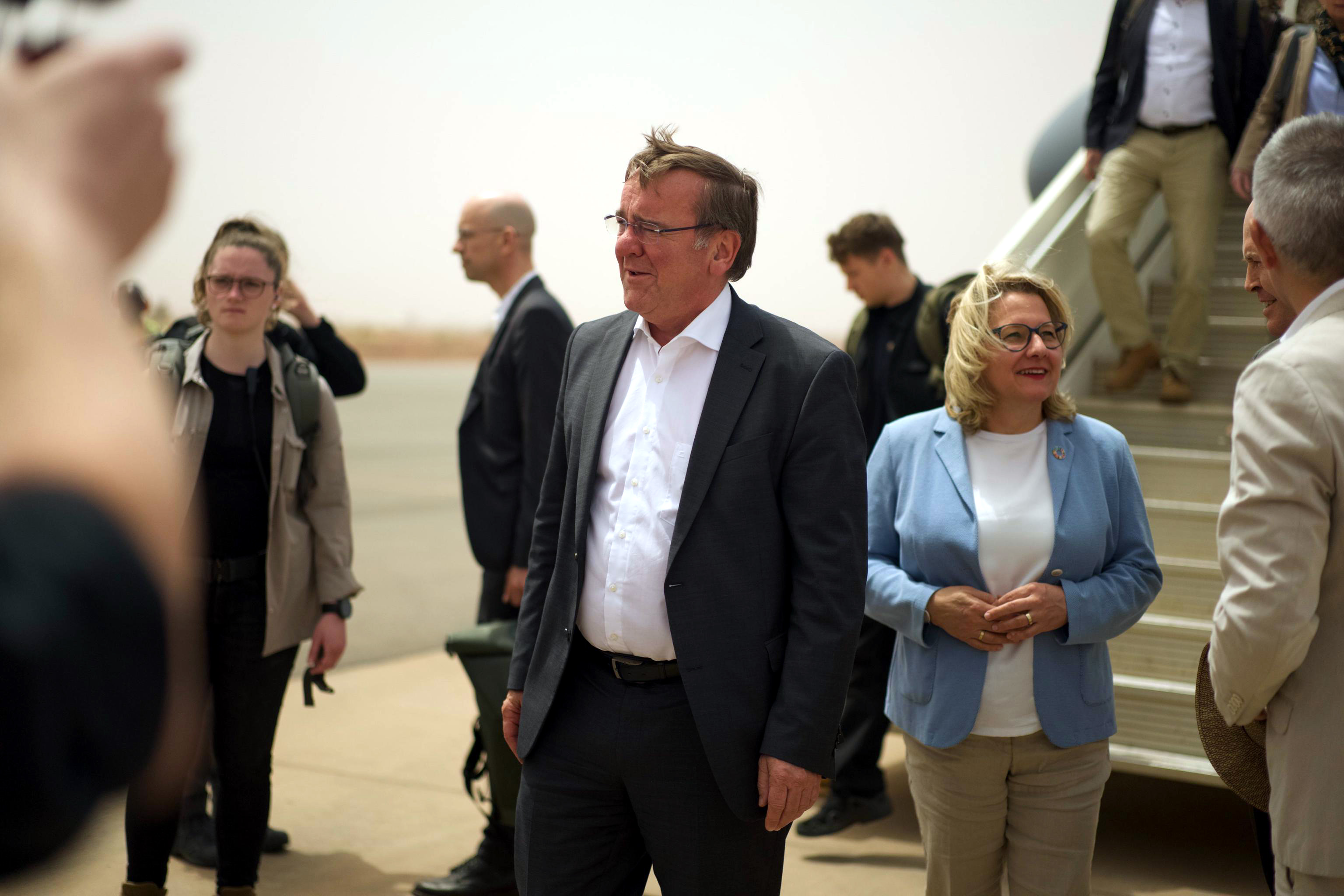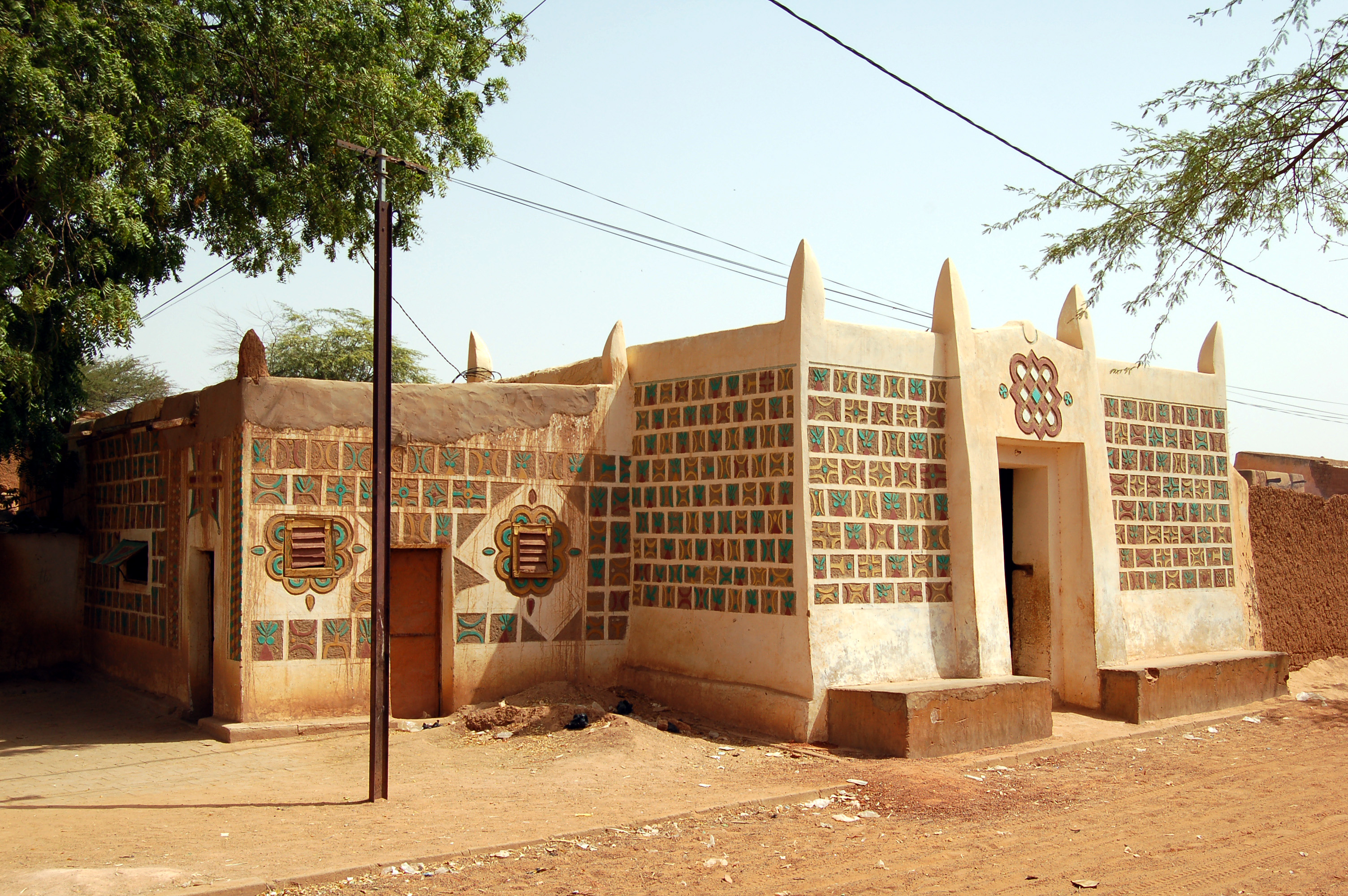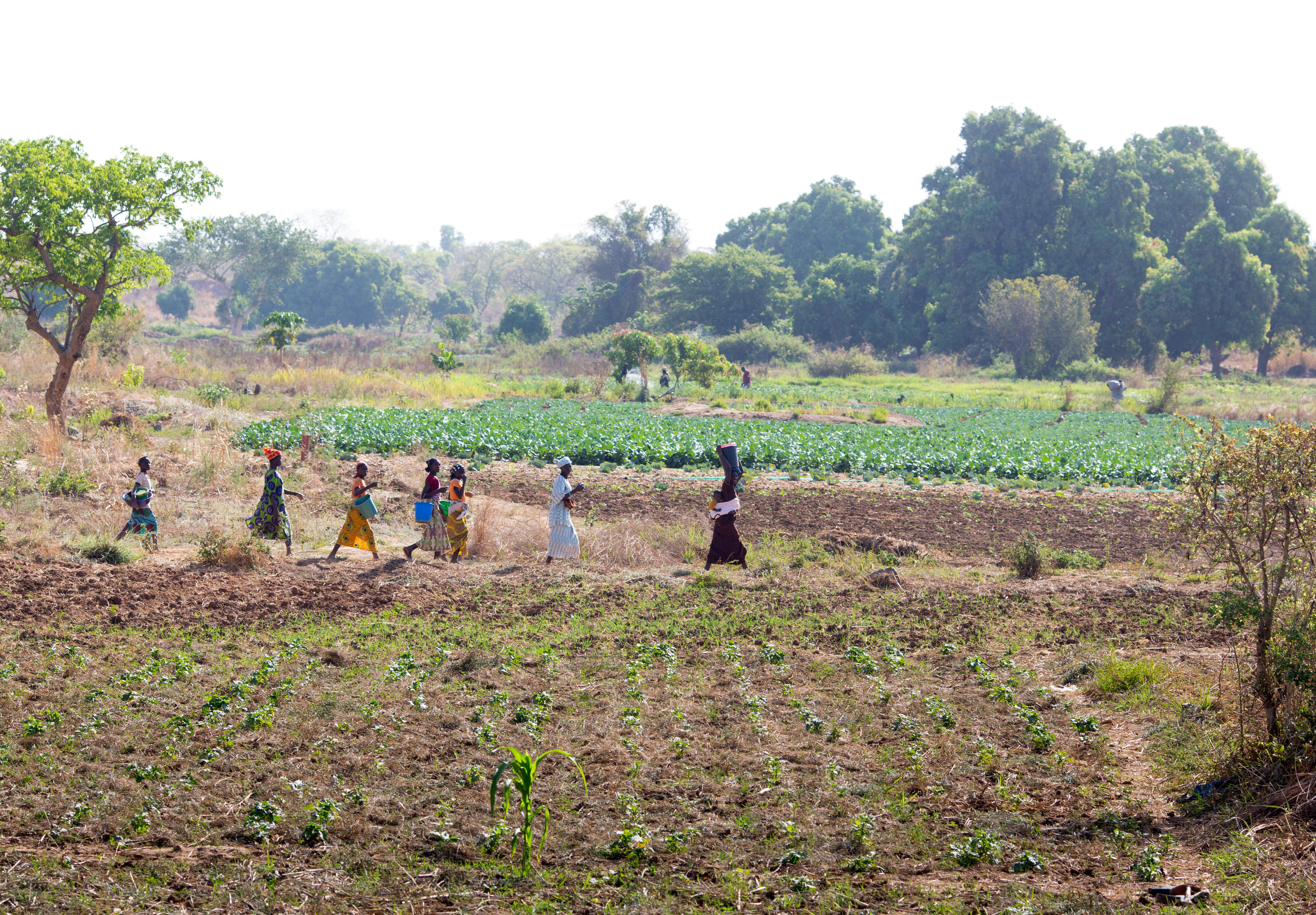Visit to Africa Defence Minister Pistorius and Development Minister Schulze will make a joint visit to Niger and Mali
The visit is occasioned by the upcoming ultimate extension of the Bundeswehr mandate for the UN Multidimensional Integrated Stabilization Mission in Mali (MINUSMA) and by the new mandate for German participation in the European Union’s Military Partnership Mission in Niger. The German government plans to withdraw Bundeswehr troops from Mali by May 2024, whilst simultaneously scaling up its development policy engagement in the Sahel region. In Niger, the already existing successful cooperation with Niger’s security forces is to be intensified, in order to further support local capacity building.
Minister Pistorius said, “Security in the Sahel region is of special interest for Germany. Although we are ending our military involvement in MINUSMA, we will remain engaged in the region. This means both military and civil engagement. The end of our Bundeswehr deployment in Mali will take place gradually and in an orderly fashion up to May 2024. The focus of our future military involvement in the Sahel will be in Niger. This is being coordinated closely and trustfully with our partners from Niger. I am looking forward to meetings in Mali and in Niger with the soldiers deployed there, who are facing specially challenging conditions, and with representatives from both governments.”
Minister Schulze said, “Although the Bundeswehr troops will be withdrawing from Mali, Germany will remain engaged in the region. Many people in the Sahel region end up joining extremist groups because they don’t see any other prospects for their lives and because they need an income. This is where development policy can be used to uproot terrorism. But it takes patience. You need to listen carefully to the voices coming from the region and offer your own alternatives. This can be done with projects that create new jobs in sectors like agriculture or water supply. We will not be limiting our offers to Mali and the other Sahel countries. We will also have the West African coastal nations in our sights. Since terrorist groups don’t stop at national borders. Because of that, committed development policy across the entire region is also in our own German interest.”
Ministers Pistorius and Schulze will go to Niger first, a country that has already shown itself to be a reliable partner in recent years. One main focus of their visit will be meetings with Niger’s President, with their respective ministerial colleagues, and between the German defence minister and the German soldiers deployed in Niger. In addition, the two ministers will visit a location where the World Food Programme (WFP) is helping – through its Sahel Resilience Initiative, which is supported by the BMZ – to increase agricultural production, create more jobs and provide social protection in the region. Niger is an important partner for Germany in the Sahel region. The country is facing major challenges, but has also already taken important steps towards driving forward its own development, especially with regard to offering more education opportunities for women and girls.
After that Pistorius and Schulze will go next door to Mali. Pistorius wants to use his first Sahel mission visit as defence minister in order to see for himself how the situation is there before the mandate for Germany’s participation in MINUSMA is extended for the last time. Minister Schulze will talk about various topics while there, including the topic of women participating more in (local) political decision-making and what the plans are for future development cooperation.
The Sahel region is one of the poorest, most arid and most conflict-stricken regions in the world. According to UN data, it is seen today as the epicentre of global terrorism. With violence in the region increasing, some ten million children urgently depend on humanitarian assistance. The area is currently experiencing one of the fastest growing movements of refugees in the world: in recent years, nearly 4.2 million people have been forced to leave their homes, 1.3 million of them just since the beginning of last year. Internal displacement in the Sahel has increased tenfold since 2013.
There has been official development cooperation between Germany and the Sahel countries for more than 60 years. Germany’s involvement is focused on improving people’s living conditions. That includes, in particular, farming, food, water supply and municipal self-government. Municipalities are important entities for development in the Sahel countries and are responsible, among other things, for health care and schools. This makes them key partners for supporting the local population and displaced people. In Mali, cooperation activities are currently being implemented without any direct involvement with the government. This means that, instead of working with the central government, cooperation is carried out via the municipalities or non-governmental organisations.
